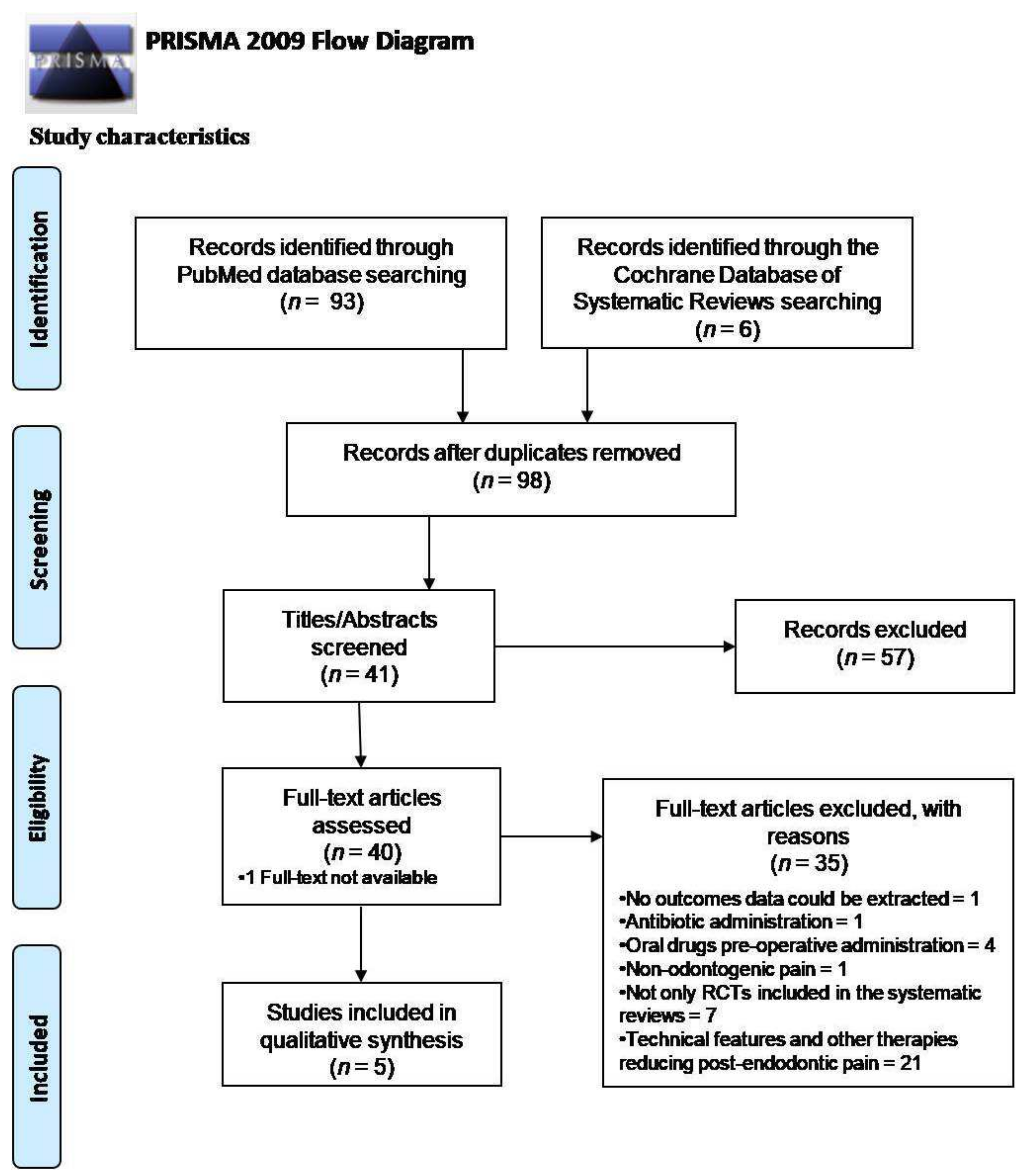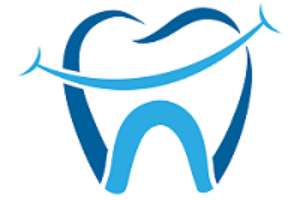Post-Endodontic Care: Ensuring the Success of Your Treatment
You’ve just undergone endodontic treatment, and now it’s time to ensure the success of your treatment. To do this, you need to take proper care of your teeth and follow the post-endodontic care instructions provided by your dentist.
But what exactly does this entail? In this discussion, we will explore the essential aspects of post-endodontic care, including:
– Oral hygiene practices
– Managing discomfort
– Dietary considerations
– Medication instructions
– Follow-up appointments
– Signs of complications
– Long-term care recommendations.
By following these guidelines, you can maximize the effectiveness of your treatment and maintain a healthy smile.
Oral Hygiene Practices
To maintain optimal oral health after endodontic treatment, it’s crucial for you to practice proper oral hygiene. Taking care of your teeth and gums is essential to ensure the success of your treatment and prevent any further complications.
Brushing your teeth twice a day with a soft-bristled toothbrush and fluoride toothpaste is the foundation of good oral hygiene. Be sure to brush gently and thoroughly, paying attention to all surfaces of your teeth, including the back molars. Don’t forget to brush your tongue as well to remove bacteria and freshen your breath.
In addition to brushing, it’s important to floss daily to remove plaque and food particles from between your teeth. Using dental floss or interdental brushes, gently clean between each tooth, reaching all the way to the gumline. This helps prevent the buildup of plaque, which can lead to tooth decay and gum disease.
Furthermore, incorporating an antiseptic mouthwash into your oral hygiene routine can provide additional benefits. Rinse your mouth with an antimicrobial mouthwash after brushing and flossing to kill bacteria and freshen your breath. It’s important to choose a mouthwash that’s alcohol-free to prevent dryness and irritation.
Managing Discomfort
If you experience any discomfort after undergoing endodontic treatment, there are several steps you can take to manage it effectively.
First, it’s important to take any prescribed pain medication as directed by your dentist. These medications are specifically chosen to alleviate post-treatment discomfort and promote healing. Make sure to follow the recommended dosage and timing instructions.
Additionally, applying an ice pack to the affected area can help reduce swelling and numb the area, providing temporary relief. Simply wrap a cold pack in a thin cloth and apply it to your cheek for about 15 minutes at a time. Remember to take breaks in between applications to prevent any potential skin damage.
It’s also crucial to avoid chewing on the treated tooth until the discomfort subsides. Choose softer foods and avoid hard, crunchy, or sticky foods that may aggravate the area.
Lastly, maintaining good oral hygiene by gently brushing and flossing is essential. However, be cautious not to irritate the treated tooth while doing so.
Dietary Considerations
Consider adjusting your diet to promote healing and minimize discomfort after endodontic treatment. What you eat and drink can play a crucial role in your recovery process. To ensure a smooth healing journey, there are some dietary considerations you should keep in mind.
First and foremost, it’s important to avoid hard and crunchy foods, as they can put unnecessary pressure on your treated tooth. Opt for softer options like mashed potatoes, yogurt, and soups in the initial days following your treatment. These foods will provide you with the necessary nutrients while minimizing any discomfort.
Additionally, it’s advisable to avoid hot and spicy foods, as they can irritate the sensitive tissues in your mouth. Stick to lukewarm or cool foods and beverages to soothe any post-treatment inflammation.
Maintaining a balanced diet is essential for your overall well-being and healing process. Incorporate foods rich in vitamins A, C, and E, as they promote tissue repair and boost your immune system. Examples include fruits, vegetables, and lean proteins.
Lastly, stay hydrated by drinking plenty of water. This will help flush out any toxins and keep your mouth moist, aiding in the healing process.
Medication Instructions
Follow the medication instructions provided by your dentist for optimal post-endodontic care. Proper medication usage is crucial in ensuring a successful recovery after your endodontic treatment. Here are some important points to keep in mind:
– Take your medication as prescribed: Be sure to follow the recommended dosage and frequency of your medication. Taking too much or too little can affect the effectiveness of the medication.
– Complete the full course of medication: Even if you start feeling better before finishing your prescribed medication, it’s important to complete the full course. This helps ensure that all infection-causing bacteria are eliminated.
– Avoid certain foods and beverages: Some medications may interact with certain foods or beverages, leading to reduced effectiveness or potential side effects. Your dentist will provide specific instructions on what to avoid during your medication period.
Follow-Up Appointments
Now that your root canal treatment is complete, it’s crucial to understand the importance of follow-up appointments.
These appointments allow your dentist to monitor the progress of your treatment and ensure that healing is occurring as expected.
Importance of Follow-Up
Regularly scheduled follow-up appointments after endodontic treatment are crucial for ensuring the success and longevity of the procedure. By attending these appointments, you can:
– Monitor healing: Your dentist will check the progress of your healing and make sure the treated tooth is responding well to the treatment. Any issues can be addressed promptly, reducing the risk of complications.
– Evaluate treatment effectiveness: Follow-up visits allow your dentist to evaluate the success of the endodontic treatment. X-rays and clinical examinations will help determine if any additional steps are required to ensure the tooth remains healthy.
– Prevent future problems: Regular check-ups enable your dentist to identify any potential issues early on. This can help prevent future complications, such as reinfection or the need for retreatment.
Schedule Regular Check-Ups
To ensure the success and longevity of your endodontic treatment, it’s important to schedule regular check-ups with your dentist. These follow-up appointments play a crucial role in monitoring the progress of your treatment and ensuring that everything is healing properly.
During these check-ups, your dentist will assess the condition of the treated tooth, evaluate any symptoms or concerns you may have, and address any potential issues that may arise. Regular check-ups allow your dentist to catch any problems early on and take the necessary steps to prevent further complications.
Additionally, these appointments provide an opportunity to discuss any changes in your oral health and receive guidance on how to maintain optimal dental hygiene. By keeping up with regular check-ups, you can proactively maintain the success of your endodontic treatment and enjoy a healthy, pain-free smile for years to come.
Monitoring Treatment Progress
During follow-up appointments, your dentist will monitor the progress of your endodontic treatment and ensure that everything is healing properly. These appointments are crucial to ensure the success of your treatment.
Here are three important things your dentist will do during these follow-up visits:
1. Evaluate your symptoms: Your dentist will ask about any pain or discomfort you may be experiencing and assess if there are any changes since your last appointment. This helps them determine if the treatment is on track.
2. Check the healing process: X-rays will be taken to evaluate the healing of the affected tooth. Your dentist will examine the X-rays to ensure that the root canal is healing properly and there are no signs of infection or complications.
3. Review oral hygiene practices: Your dentist will discuss proper oral hygiene techniques and provide any necessary instructions for maintaining good oral health. Following these instructions will help prevent future issues and ensure the long-term success of your treatment.
Regular follow-up appointments are essential for monitoring your treatment progress and ensuring optimal healing and long-term success.
Signs of Complications
Now it’s important to be aware of the warning signs that may indicate possible complications after your endodontic procedure. Recognizing these signs early on can help you seek prompt treatment and prevent further issues.
Let’s explore the warning signs and possible complications you should be mindful of.
Warning Signs
Are you experiencing any warning signs or complications following your endodontic procedure? It’s important to be aware of any potential issues that may arise after your treatment to ensure the success of your procedure. Here are some warning signs to watch out for:
– Persistent pain: If you continue to experience pain or discomfort that doesn’t improve over time, it could indicate a complication.
– Swelling: Swelling around the treated tooth or in the surrounding area could be a sign of infection or inflammation.
– Sensitivity to temperature: If you notice increased sensitivity to hot or cold temperatures, it could be a result of nerve damage or an incomplete root canal.
If you’re experiencing any of these warning signs, it’s crucial to contact your endodontist right away. Early intervention can help prevent further complications and ensure the success of your endodontic treatment.
Possible Complications
If you’re experiencing any warning signs or complications following your endodontic procedure, it’s important to be aware of possible complications that could arise.
While most endodontic treatments are successful, there are some potential complications that you should watch out for.

One possible complication is persistent pain or discomfort that lasts for more than a few days after the procedure. This could indicate an infection or an incomplete root canal treatment.
Another sign of complications is swelling or tenderness in the gums or face. This could be a sign of an abscess or an allergic reaction.
Additionally, if you notice any discharge, such as pus or blood, from the treated tooth or gums, it’s important to seek immediate dental attention. These signs can indicate an infection that needs to be treated promptly to avoid further complications.
Long-Term Care Recommendations
For optimal long-term care after endodontic treatment, follow these recommended practices:
– Practice good oral hygiene:
– Brush your teeth at least twice a day.
– Floss daily.
This will help prevent the buildup of plaque and bacteria, which can lead to tooth decay or gum disease.
– Visit your dentist regularly:
– Schedule regular check-ups with your dentist.
– Ensure that your teeth and gums remain healthy.
Your dentist will be able to monitor the condition of your treated tooth and address any potential issues.
– Avoid chewing on hard objects:
– Refrain from biting or chewing on hard objects such as ice, pens, or fingernails.
These habits can put excessive pressure on your teeth and potentially damage the treated tooth.
Frequently Asked Questions
How Long Does It Typically Take for the Discomfort to Subside After a Root Canal?
Typically, it takes a few days for the discomfort to subside after a root canal. You may experience some soreness or sensitivity in the treated tooth and surrounding area. However, this should gradually improve over time.
It’s important to follow your dentist’s instructions for post-endodontic care, such as taking any prescribed medications and avoiding chewing on hard foods.
If the discomfort persists or worsens, it’s best to consult your dentist for further evaluation.
Can I Continue to Brush and Floss Normally After a Root Canal?
Yes, you can continue to brush and floss normally after a root canal. It’s important to maintain good oral hygiene to ensure the success of your treatment.
Brush twice a day for two minutes and floss daily to keep your teeth and gums healthy.
Be gentle around the treated area and avoid putting too much pressure on it.
If you have any concerns, consult your dentist for specific instructions.
Are There Any Specific Foods or Beverages I Should Avoid After a Root Canal?
Are there any specific foods or beverages you should avoid after a root canal?
It’s important to be mindful of your eating and drinking habits to ensure the success of your treatment.
Immediately after the procedure, it’s best to avoid hard and sticky foods that can put pressure on the treated tooth.
Additionally, it’s recommended to limit your intake of hot and cold beverages to prevent sensitivity.
Following these guidelines will help protect your tooth and aid in the healing process.
Can I Take Over-The-Counter Pain Medication if I Experience Discomfort After the Procedure?
Yes, you can definitely take over-the-counter pain medication if you experience discomfort after the procedure.
It’s important to manage your pain and make yourself as comfortable as possible during the healing process.
However, it’s always a good idea to consult with your dentist or endodontist before taking any medication to ensure it won’t interfere with your recovery.
They can provide specific recommendations based on your individual situation.
How Often Should I Schedule Follow-Up Appointments After a Root Canal?
You should schedule follow-up appointments after a root canal to ensure the success of your treatment. These appointments allow your dentist to monitor your healing progress and address any concerns or issues that may arise.
The frequency of these appointments may vary depending on your specific case, but typically, you may need to visit your dentist for a follow-up appointment within a few weeks after the root canal.
It’s important to attend these appointments to ensure the long-term success of your treatment.
Conclusion
In conclusion, taking care of your teeth after endodontic treatment is crucial for its success. By practicing good oral hygiene, managing any discomfort, following dietary considerations, and following medication instructions, you can ensure the best outcome.
Regular follow-up appointments and being aware of signs of complications are also important. Lastly, maintaining long-term care recommendations find more will help preserve the health of your treated tooth.
Remember, taking care of your oral health is an investment in your overall well-being.
Was this helpful?

Welcome to my website! I am Levi Halpern, a dedicated and passionate professional Cosmetic Dentist with extensive experience in Orthodontic Innovations, Periodontal Care, and Pediatric Dental Care. I am thrilled to have the opportunity to share my knowledge and expertise with you.
